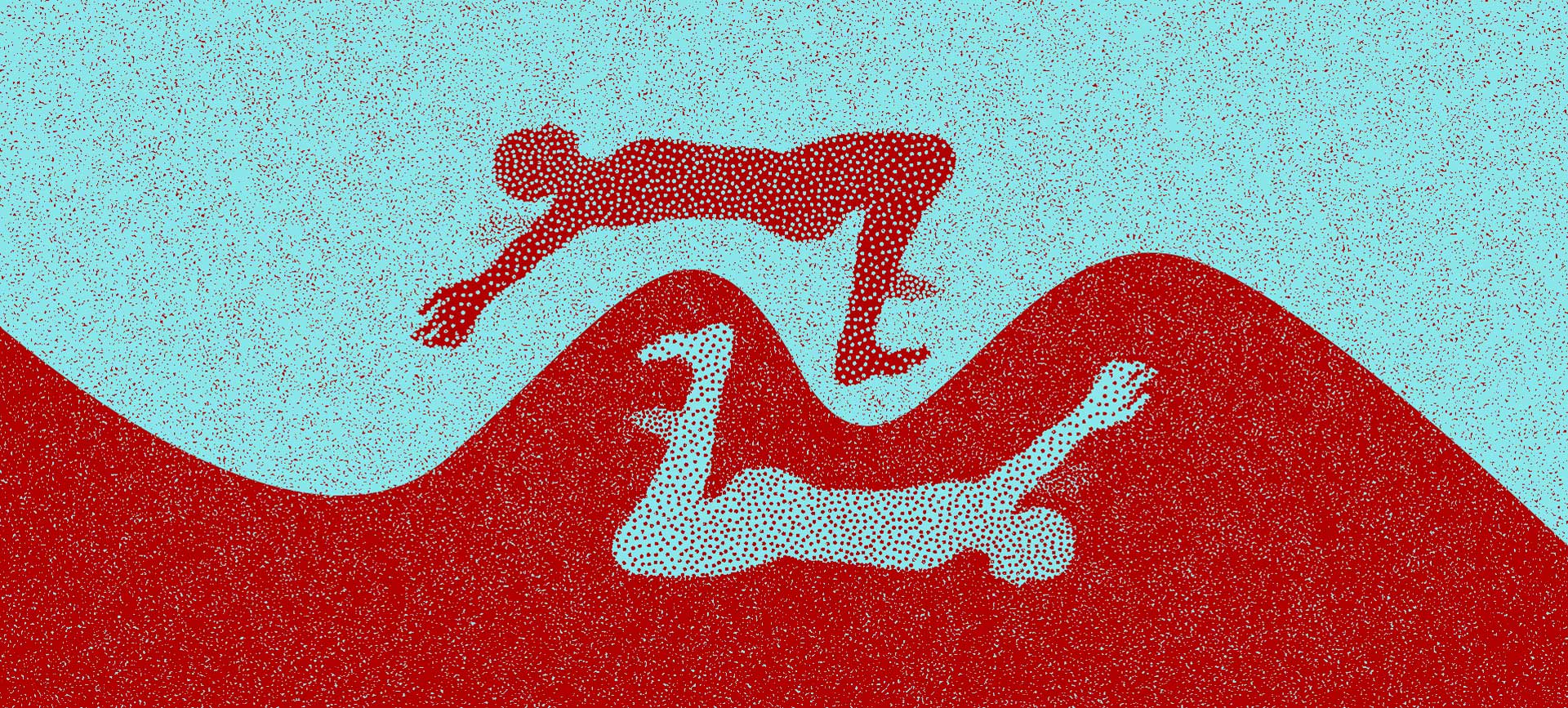Schizophrenia is a serious, chronic mental disorder that causes an abnormal interpretation of reality, involving symptoms such as hallucinations, delusions and disordered thinking, among others.
While living with untreated schizophrenia can lead to serious complications and impair daily function, early treatment can help prevent these complications and provide long-term management for symptoms. The Treatment Advocacy Center reports that an estimated 2.6 million adults in the United States suffer from schizophrenia, while the World Health Organization (WHO) states that about 20 million people have the disorder worldwide.
Unfortunately, many people with schizophrenia don't get the care they need each year. The Treatment Advocacy Center reports that about 40 percent of people with schizophrenia go untreated each year in the U.S. Furthermore, the WHO found that 69 percent of people with schizophrenia globally don't receive appropriate care for their disorder.
This widespread lack of adequate care is particularly concerning, as experts have found that those with schizophrenia are two to three times more likely to die at an early age than the general population because of preventable diseases. They're also more vulnerable to abuse.
Diane McIntosh, a psychiatrist and clinical assistant professor at the University of British Columbia, said that aside from lack of access or resources, one of the main reasons people go untreated is because of the nature of the disorder itself.
"They usually have paranoia and delusions, and lack insight on their condition because they don't realize they are experiencing reality in a different way," McIntosh explained. "And, of course, the auditory hallucinations, what they hear as voices, may be telling them what to do, or they might think the treatment is harmful or medications are poisonous. Sometimes the voices may be telling them that their doctor wants to kill them or trying to do something against them….So lacking insight and the nature of the condition can make getting someone into treatment more difficult."














